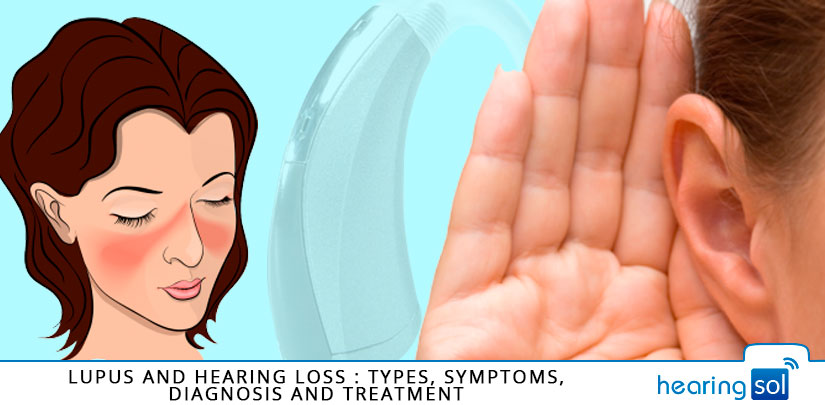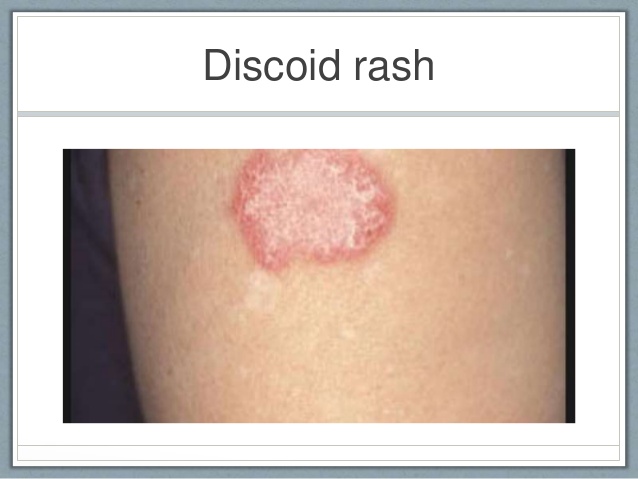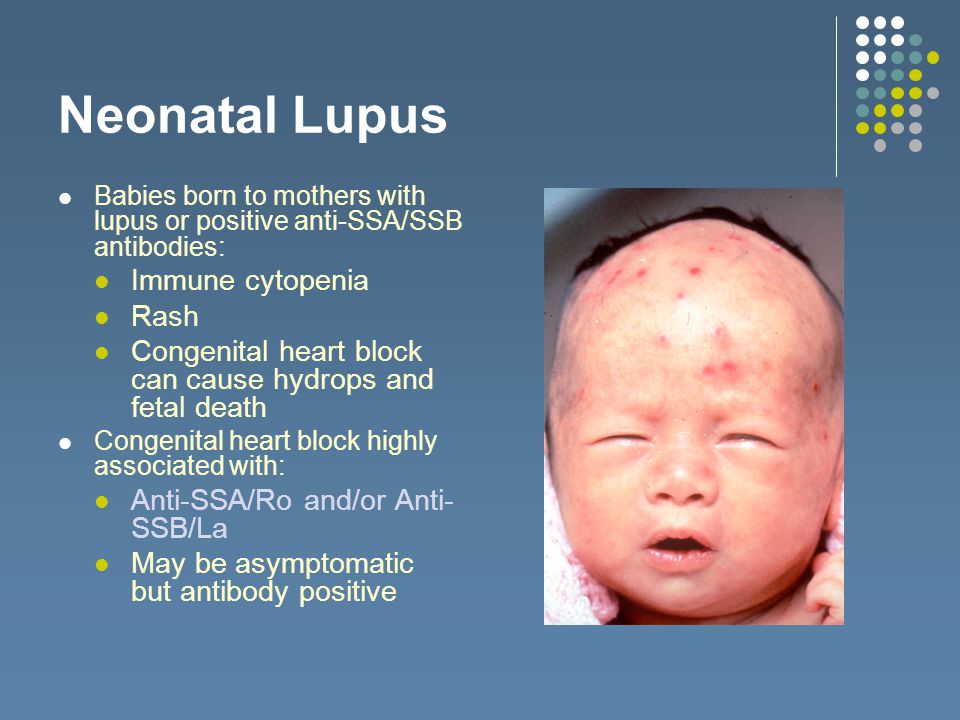
Lupus is an autoimmune disease that can damage any part of the body like joints, organs, etc.
It initiates the condition in which the immune system of the body becomes hyperactive and attacks the healthy tissues, which results in several diseases like swelling, damage to joints, skin, kidney, and blood.
You can purchase the latest hearing aids at a fair price through HearingSol, If you need any assistance or you have a query regarding Lupus And Hearing Loss, feel free to call us at +91-9327901950. We are always here to help you.
Here we are going to discuss how Lupus can affect your ears or hearing and can cause hearing loss.
What Is Lupus?
Lupus is a disease that is capable of damage any part of your body like organs, joints, etc. This happens when our immune system started to attack healthy tissues resulting in swelling or damaging of skin, blood, joints & skin.
Under normal functioning, the immune system makes the proteins called the antibodies which protect us from viruses and bacteria.
It is quite difficult for the immune system to differentiate between the antibodies and the viruses. Fatigue, joint pain, fever are some of the common symptoms.
Adults are more prone to lupus. Medicines and change in lifestyle is the best way to control lupus. While Exercising make it easier for you to cope with it.
Key points about Lupus:
- About 5 million people all over the world are suffering from some disease caused by lupus.
- Among the total sufferers, about 90% are females.
- Mostly it founds between the ages of 20-45.
- Lupus results from both either because of genetic problems or because of an environmental problem.
- Changes in lifestyle and corticosteroids are the most common treatment for lupus.
Types of Lupus
- Systemic Lupus Erythematosus (SLE)
- Discoid Lupus
- Drug-induced Lupus
- Neonatal Lupus
1. Systemic Lupus Erythematosus (SLE)

The most common form of lupus that is generally considered more serious than the other three forms is Systemic Lupus Erythematosus (SLE). It can affect many parts of the body. It includes kidneys, heart, lungs, brain, blood, and skin.
If we talk about its symptoms then they vary from person to person that can even change suddenly. Lupus follows an unpredictable pattern of remissions and flares.
2. Discoid (Cutaneous)

It is a form of lupus that affects the skin only causing rashes. These rashes are usually found on the face, neck, and scalp and they may even occur anywhere in the whole body.
This lupus type does not create any impact on any of the internal body organs. But 1 in 10 people living with this form of lupus will develop systemic lupus also.
3. Drug-Induced Lupus (DIL)

This type of lupus occurs after taking certain types of medication. The symptoms of DIL are very much similar to systemic lupus. But they disappear when the medicine comes to halt.
Its symptoms normally go within six months. However, the Antinuclear Antibody (ANA) test is used to diagnose lupus that may stay positive for years.
As per the estimation, about 20 percent of the general population give positive outcomes of the ANA test.
4. Neonatal Lupus

Symptoms of Neonatal lupus normally go away after certain months. They don’t cause permanent damage. Due to this, some babies with this type of lupus can be born with serious heart problems.
Symptoms of Lupus In Hearing Loss
People with lupus generally experience flare-ups of symptoms. These symptoms are also similar to the symptoms of other diseases. So if you feel them, it doesn’t mean that you have lupus.
Some of the common symptoms of lupus are :
- Fatigue
- Kidney Problems
- Dry mouth
- Swelling in joints
- Hair loss
How Lupus And Hearing Loss Cause?
Hearing loss caused because of the lupus is called Autoimmune inner ear disease(AIED) or Immune Mediated Sensorineural Hearing Loss.
AIED is a rare disease. It is almost 1% of the total cases of hearing loss patients. It can happen in isolation or maybe as part of other systemic autoimmune disorders.
A case-control study is performed on 45 people. Among which only five people(11.1%) are found with the problem of hearing loss. 4 people(8.9%) founds with the problem of otorrhea.
Three people(6.7%) suffer from the problem of tinnitus, and the remaining are founded with a different disease.
Apart from hearing loss, the patient can also suffer from other problems of the ear like tinnitus, hissing noise, or roaring. Which laterally causes hearing loss if not treated on time.
Autoimmune Inner Ear disease
Autoimmune inner ear disease is a progressive hearing loss that is caused by antibodies or immune cells that are attacking the inner ear and affect the functioning.
This is because the immune system was unable to differentiate the healthy tissues and start attacking them. The inner ear is a maze of tubes and passages inside which the important functioning takes place.
AIED starts from one ear and rapidly grows to another ear.
Diagnosis of Autoimmune Inner Ear Disease
Diagnosis is based on the results of a hearing test, blood test, medical history, physical examination, MRI Scans, etc. It is essential to visit the doctor if you feel any kind of ear symptoms.
As there is difficulty in the Diagnosis of AIED, many use a different kind of lab test to assist in the medical diagnosis. The recent study implies that patients with Systemic Lupus Erythematosus (SLE) may develop hearing loss.
The SLE can damage the inner ear structure which results in the hearing loss. The damage in the inner ear may include autoimmune response, deposition of immune complexes in the vessels, etc.
There are some other diseases which can cause AIED :
- Lyme disease
- Systemic Lupus Erythematosus
- Polyarteritis nodosa
- Cogan’s Syndrome
- Relapsing polychondritis
The solution to deal with Autoimmune Inner Ear Disease
There are various ways by using which we can handle the problem of AIED. Some of the most used treatments are discussed as follows :
- Steroids: Patients can use Steroids to deal with AIED. This treatment is inexpensive, but it is very effective. However, it is very challenging to handle the side effect of the Steroids.
- Cell and Gene Therapy: Cell Therapy involves transplantation of only one individual cell which is capable of developing into inner ear cells. While Gene Therapy is the introduction of the new gene into native cells. Which allows the cell to produce new proteins that improve the ability of functioning.
Outcome
At present, there are many unanswered questions regarding lupus. But the healthcare professionals play a vital role to diagnose and control lupus.
Medicines can cure hearing loss caused by lupus. And it lasts long for weeks or sometimes maybe months.
You can purchase the latest hearing aids at a fair price through HearingSol, If you need any assistance or you have a query regarding Lupus And Hearing Loss, feel free to call us at +91-9327901950. We are always here to help you.

 Reviewed by Mr. Ranjeet Kumar
Sr. Audiologist, Speech Therapist & Cochlear Implant Specialist, BASLP on
Reviewed by Mr. Ranjeet Kumar
Sr. Audiologist, Speech Therapist & Cochlear Implant Specialist, BASLP on